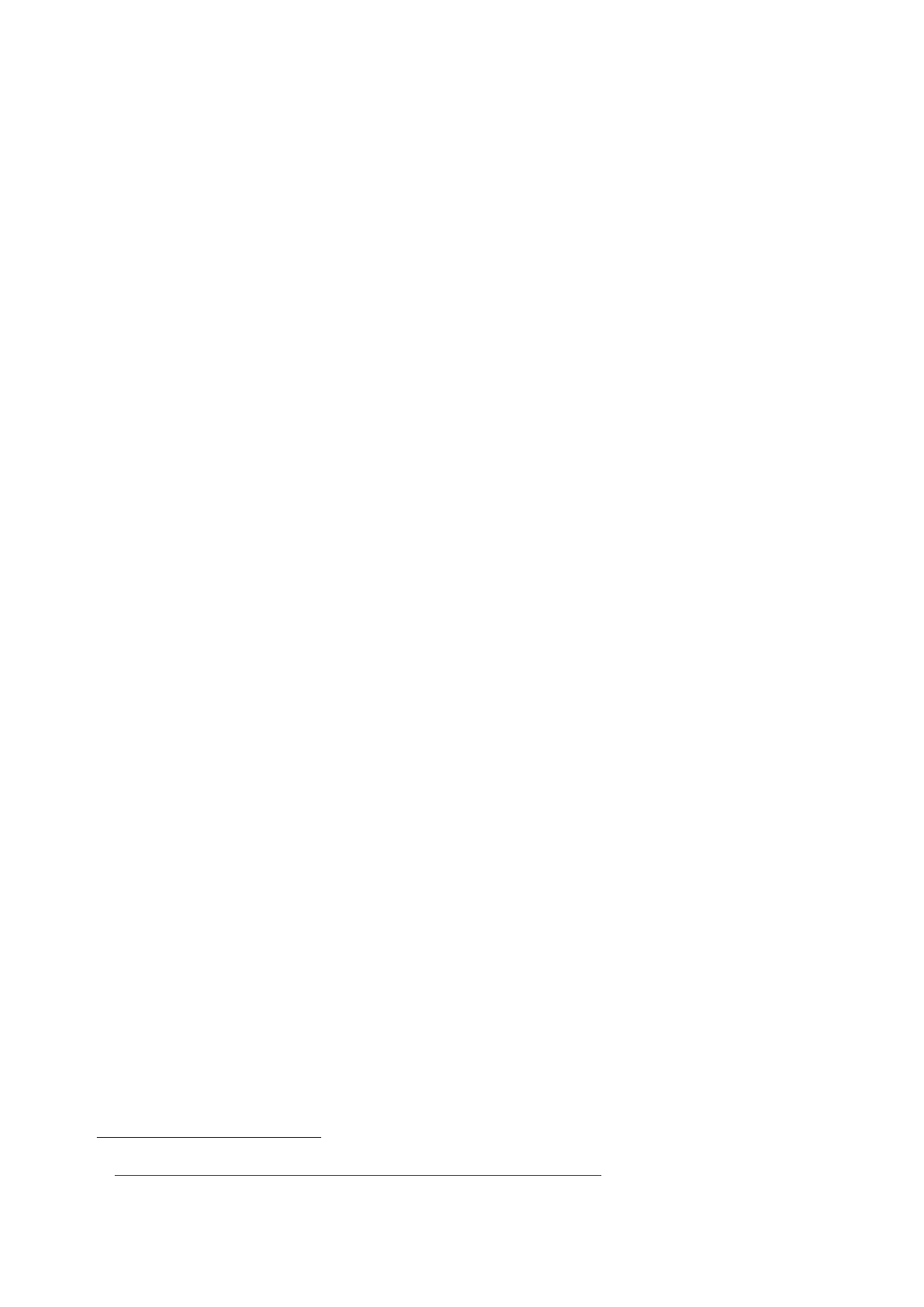
The Report
of the Iraq Inquiry
408.
As military
pressure increased, Iraq’s concealment policy could be
undermined
by the requirement to prepare hidden “chemical and
biological
missile
systems for military deployment”.
409.
The JIC had
assessed, most recently on 21 August, that Saddam Hussein
would
permit the
return of weapons inspectors if he believed the threat of large
scale military
action was
imminent. The JIC had also assessed that he would seek to frustrate
the
activities
of the inspectors.
410.
At the request
of the Cabinet Office (OD Sec), the JIC assessed Iraq’s
attitude
and
approach to dealing with the return of UN weapons inspectors and
its concealment
411.
The minutes of
the JIC discussion of the draft Assessment on 9 October
recorded:
•
Iraq was
“very confident” about its concealment policy and “had put a lot of
effort
into
ensuring that inspectors would not find anything”.
•
“UNMOVIC
still had no information about suspect sites and without
specific
intelligence,
it would be impossible for them to know where to start
looking.”
•
“A tougher,
penetrative [inspections] regime backed by a good intelligence
flow
from inside
Iraq, would therefore be absolutely central to
success”.
•
“… as
military pressure increased, the point would come when
concealment
would make
it impossible” for Iraq to “prepare for
weaponisation”.142
412.
The JIC’s Key
Judgements were:
“•
Saddam is
determined to retain Iraq’s proscribed weapons programmes.
He
is
confident that he can prevent UNMOVIC, operating on the basis of
existing
UNSCRs,
from finding any evidence before military options start to close
off
in spring
2003.
•
Concealment
and dispersal of sensitive items are the main elements of
Iraq’s
strategy
for dealing with UNMOVIC. The inspectors are hampered by
poor
preparedness
and a lack of intelligence, so far, to guide them.
•
Saddam will
probably accept a new UN resolution. If inspections are
conducted
under a
tougher regime, and if specific intelligence on WMD locations
is
forthcoming
in response to clear US determination to topple Saddam,
UNMOVIC
might find
evidence of Iraq’s WMD programmes.
•
In the
short‑term, we do not expect a repeat of the blatant Iraqi policy
of
intimidation
and obstruction that UNSCOM encountered. Widespread
Iraqi
obstruction
would be seen as too obvious a challenge to the authority of the
UN.
But if
inspectors come close to uncovering evidence of WMD, Iraq will
employ
a wide
range of tactics to delay their work.
141
JIC
Assessment, 11 October 2002, ‘Iraq: The Return of UN
Inspectors’.
142
Minutes, 9
October 2002, JIC meeting.
272
